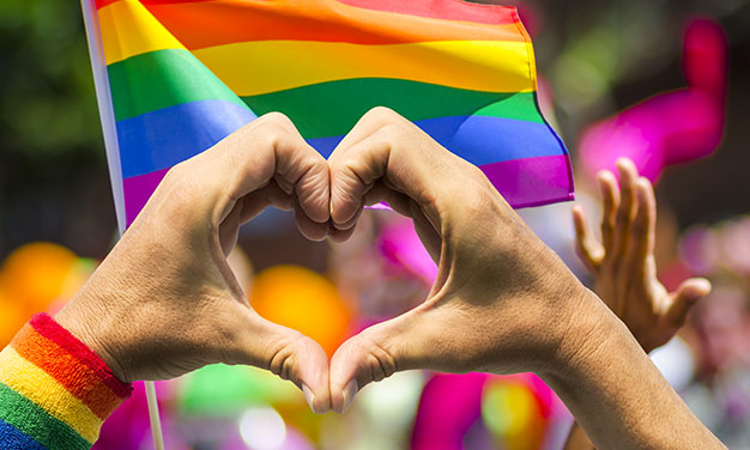'Our Culture & Law Do Not Recognize The Concept Of Same-Sex Marriages' : SG Tells Delhi HC
Karan Tripathi
14 Sept 2020 12:57 PM IST

Next Story
14 Sept 2020 12:57 PM IST
Solicitor General of India Tushar Mehta has opposed a plea filed before the Delhi High Court seeking to recognize the rights of same-sex couples to get married under the Hindu Marriage Act, 1956. Solicitor General Tushar Mehta submitted that the concept of same-sex marriage is not recognized under Indian culture or under Indian law."Our culture and law don't recognize the concept of...
